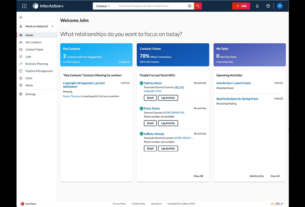It has been a while since I have written about the copyright lawsuit by legal research giant Thomson Reuters against the no-shuttered legal research startup Ross Intelligence, in which TR alleges that Ross stole copyright content from Westlaw to build its own completing legal research product.
But today, the judge overseeing the case, 3rd U.S. Circuit Court of Appeals Judge Stephanos Bibas, sitting by designation in the U.S. District Court in Delaware, issued a memorandum substantially denying both parties’ motions for summary judgment and sending the case to trial for contested issues of copyright infringement to be decided by a jury.
See all stories about this lawsuit.
However, on one critical issue, Bibas ruled in favor of Thomson Reuters, finding “as a matter of law” that Ross actually copied Westlaw headnotes and other TR copyrighted content.
TR presented both direct and circumstantial evidence that Ross, working in conjunction with the legal research company LegalEase, copied TR’s content, noting, among other things, that LegalEase admitted to directly copying the headnotes.
But on other elements of establishing a claim of copyright infringement, he said the case is a “factual mess” that needs to be sorted out by a jury after trial, not by a judge on summary judgment.
That includes questions of whether TR can claim copyrights in its key numbers and headnotes, which Ross argues are mere compilations unprotected by the law or restatements of judicial opinions that cannot be copyright.
The judge also declined to decide Ross’s fair use defense or other legal issues remaining in the matter.
Read the full decision here: D. Del. 20-cv-00613 dckt 000547_000 filed 2023-09-25.


